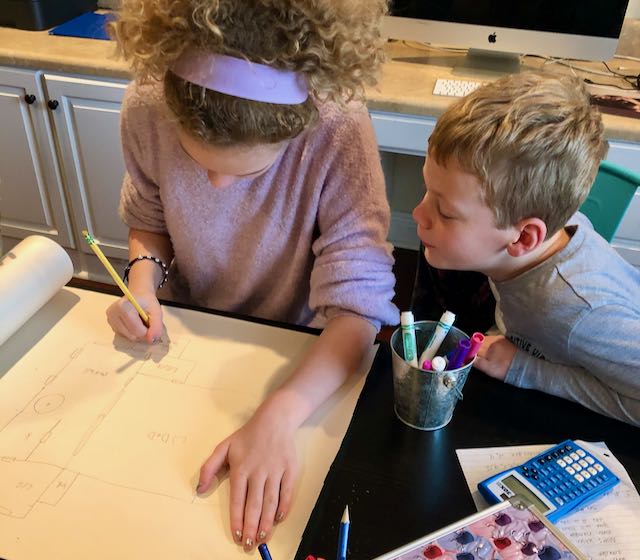
In this episode, Pam breaks down the mystery of deschooling for new homeschoolers. She shares some common misunderstandings and explains why it’s a crucial step in your homeschooling journey.
There are also many handy tips on gliding through this phase with your kiddos while keeping the peace at home. Tune in to learn more about deschooling and how it can smooth out the homeschooling ride for you and your family!
Key Takeaways
- Deschooling is an important and often misunderstood part of the homeschooling process. It is the process of transitioning from a traditional educational approach to a more relaxed mindset of learning.
- During deschooling, it is essential to take time to discover your own natural learning rhythms and explore your own interests.
- Deschooling is not a vacation or a break from academic work but a shift in mindset towards self-directed learning.
- Spending time at the library and reading books aloud as a family and individually is vital to deschooling.
- Watching educational YouTube videos together can also be a valuable activity during the deschooling period.
- Deschooling is not the same as unschooling, a specific homeschooling method based on self-directed learning without a set curriculum.
- Deschooling is not only for the student but also for the parent, who may need to unlearn preconceived notions about education.
- The length of the deschooling period varies for each child and may not necessarily follow the “one month for every year in school” rule of thumb.
- Deschooling is worth the time it takes to understand the true meaning of education and help reprogram a child away from traditional school mindsets.
Resources
Listen to the Podcast
Watch on YouTube:
Latest posts by Pam (see all)
- How to Transform Math Lessons without Changing your Curriculum with Denise Gaskins - April 26, 2024
- Homeschooling Boys with Durenda Wilson - April 12, 2024
- What About Lab Sciences? with Dr. Moon - March 29, 2024
Leave a Rating or Review
Doing so helps me get the word out about the podcast. iTunes bases their search results on positive ratings, so it really is a blessing — and it’s easy!
- Click on this link to go to the podcast main page.
- Click on Listen on Apple Podcasts under the podcast name.
- Once your iTunes has launched and you are on the podcast page, click on Ratings and Review under the podcast name. There you can leave either or both!
